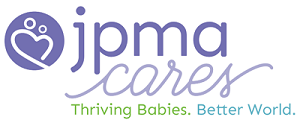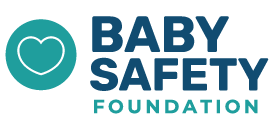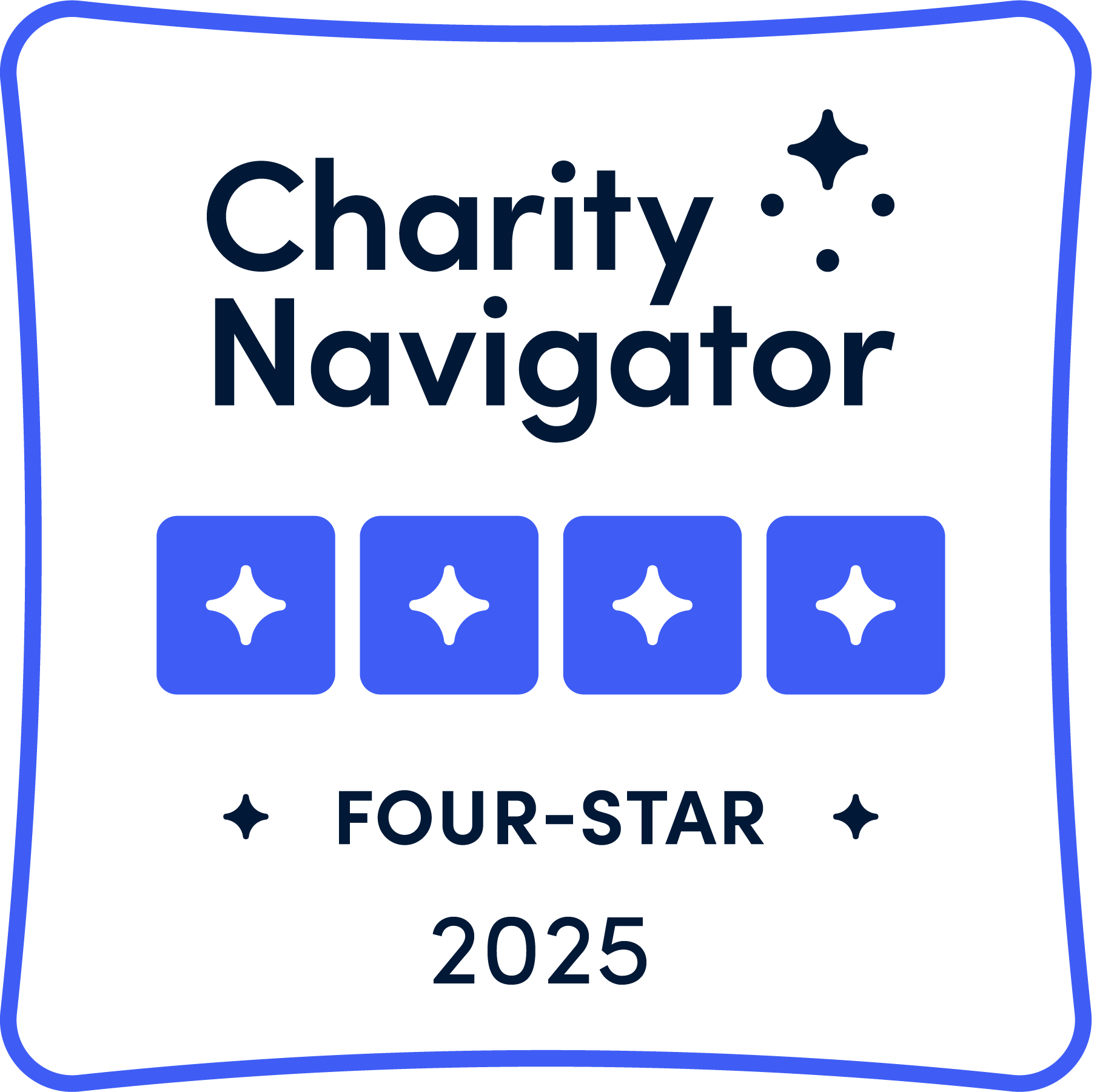Safe States and Partners Celebrate National Injury Prevention Day Nov. 18
Unified to Prevent Injuries and Violence
ATLANTA, November 12, 2024 - For the fifth year, on November 18, buildings, bridges, monuments, and homes across the country will shine green to recognize the importance of preventing injuries and violence, the number one killer of people 1-44 years. The color green is often associated with safety, growth, and prosperity – all things we want for our communities. Safe States and the nation’s top prevention advocates, unified in our common vision of safe, healthy communities that prioritize all people, no matter who they are, where they live, work, travel, and play, have joined forces to celebrate and recognize National Injury Prevention Day (NIPD).
NIPD is a day dedicated to working collectively to reduce the burden and instances of injuries and violence plaguing communities. Preventing injuries and violence is possible by creating environments where it's less likely to happen. This is done by improving systems and conditions in the community through research-based policies and programs while empowering individuals with knowledge and tools to make the safe choice the easy choice. Safe States joins the Injury Free Coalition for Kids®, and other leading organizations, including Safe Kids Worldwide, American Trauma Society, American Academy of Pediatrics, Be SMART - program of Everytown for Gun Safety Support Fund, the Society for Advancement of Violence and Injury Research, Trauma Center Association of America, Juvenile Products Manufacturers Association, National Drowning Prevention Alliance, Gun Owners for Safety – Giffords, and Columbia Center for Injury Science and Prevention, to empower and equip communities to make a difference. The full list of supporting organizations is here.
Barbara Barlow, MD, Professor Emerita of Surgery in Epidemiology at Columbia and Founding Director of the Injury Free Coalition for Kids®, firmly believes that “it takes a whole community working together to create a community safe for children and families.” She is thrilled with the continued growth and success of NIPD, which reaches far beyond a single day.
NIPD activities begin November 12.
The country’s top IVP organizations will address the need and promise of prevention with a “Unifying Voices” webinar at 1:00 p.m. EST. Featured presenters include Dr. Allison Arwady, CDC’s National Center for Injury Prevention and Control; Dr. Lois Lee, Boston Children’s Hospital; Dr. David Schwebel, University of Alabama Birmingham; and Dr. Sadiqa Kendi, Children’s National Hospital. Register here.
On November 18 at 1:00 p.m. EST, join the live conversation on Twitter/X with hashtag #BeInjuryFree. That evening, buildings in cities across America will shine green to highlight the burden of injuries and the need for prevention. Throughout the weekend, IVP professionals will lead activities and distribute tools to create safer communities. Learn more https://www.injuryfree.org/nationalinjurypreventionday/2024
“It has been exciting to see the growth of support for NIPD, now including a cross-section of some of the leading public health organizations in the country. United, we can reduce the incidence of injuries and violence,” Safe States Executive Director, Richard Hamburg adds.
Source: Safe States


















